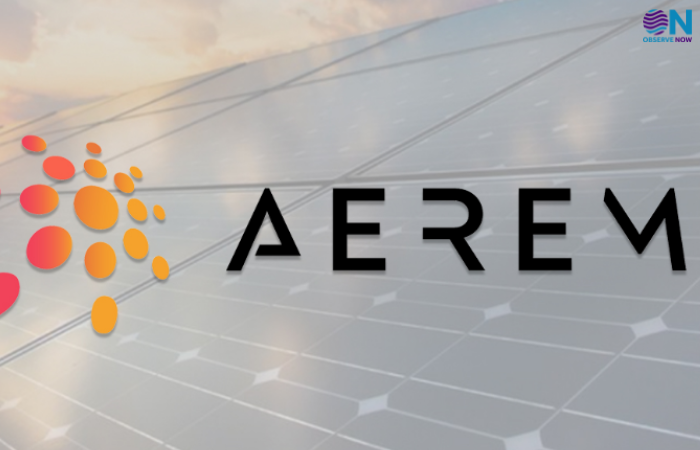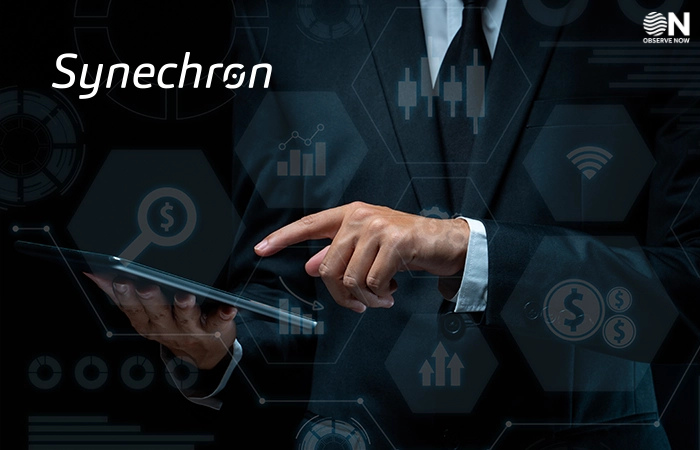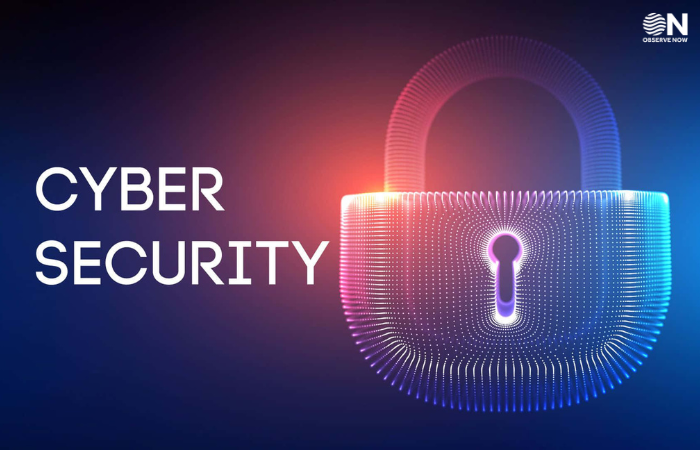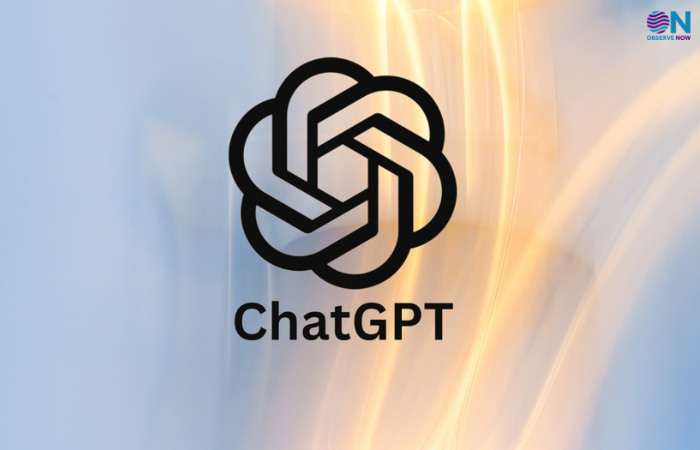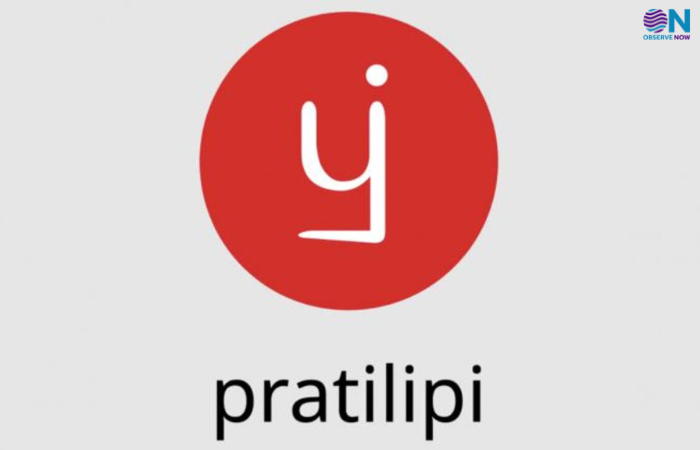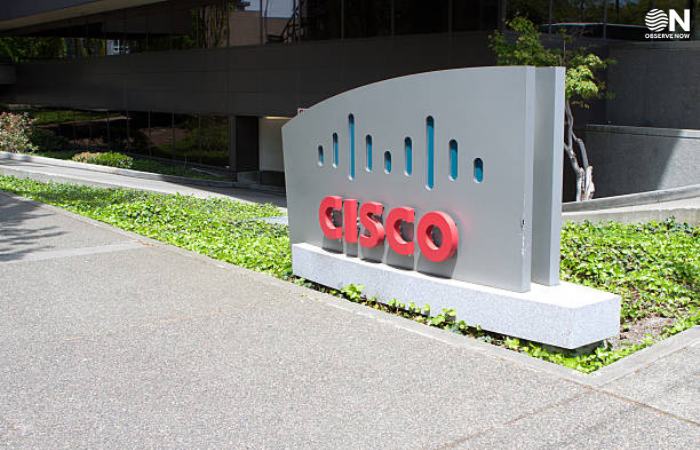Digital Lending Platform Kissht Prepares for $225 Mn IPO
Fintech startup Kissht is reportedly preparing for a $225 million (approximately INR 1,926 crore) initial public offering. According to a Mint report citing unnamed sources, the Mumbai-based company has appointed ICICI Securities, UBS Securities, and Motilal Oswal as lead investment bankers for the IPO and is also considering adding a fourth banker to the list.
The report mentions that Kissht plans to file its draft red herring prospectus (DRHP) by June and is targeting a valuation between $900 million and $1.1 billion. The public issue will reportedly consist of both primary and secondary share sales, with 75% expected to be fresh equity aimed at driving growth and expanding into new business areas.
Founded in 2015 by Ranvir Singh and Krishnan Vishwanathan, Kissht offers digital personal and business loans of up to INR 5 lakh with minimal paperwork. The platform also provides health-related insurance products and leverages big data, artificial intelligence, and machine learning to assess borrowers’ creditworthiness. To date, the company claims to have disbursed over 1 crore loans and served 4.5 million customers.
Kissht recently expanded into the loan-against-property space. Speaking on the new venture, Singh noted that they had been piloting the product to better understand associated risks and fine-tune their secured lending processes. “In India, loan against property typically involves manual steps due to collateralisation, but we’re digitising the entire journey,” he said.
The company last raised $80 million in 2022 at a valuation of around $344 million, backed by investors such as Vertex Growth and the Brunei Investment Agency. In total, it has secured $142.54 million in funding and is backed by notable investors like Endiya Partners.
Kissht faces competition from other digital lenders including Moneyview, Lendingkart, Capital Float, FlexiLoans, and KredX. Its IPO comes amid a wave of Indian tech startups heading to the public markets, driven by growing investor confidence—though profitability remains a key concern.
On that front, Kissht appears to be on solid footing, reporting a 234% increase in net profit to INR 82.46 crore in FY24 from INR 24.67 crore in FY23. Its operating revenue also nearly doubled from INR 258 crore to INR 412 crore over the same period.
With its IPO plans underway, Kissht joins the growing list of startups aiming to go public in 2025. Last year saw 13 tech companies debut on the Indian stock market, and over 20 others—including Physics Wallah, Meesho, and IndiQube—are expected to follow suit this year.






